ShadowScientia hosted tarot readings in a backroom during Church at Apotheka. Photo by Makie Cruz
On Halloween night, a beguiling evening ensued at Apotheka, where Xtina Superstar and Paulo Castro hosted their sixth iteration of CHURCH, the party where “we play the music we like. It’s you, your queer community, music, and the dance floor.”
No occasion sets Manila’s nightlife scene ablaze quite like Halloween. Poblacion is typically crowded every weekend, but especially that night, when its narrow streets teemed with cowboys, princesses, and devils, grinning ear-to-ear and linked arm-in-arm, looking for a place to dance well into the night. For many of them, all roads converged at the White Rabbit building, its red glow unmissable in a sea of light.
In the building’s basement, find the nestled haunt of Apotheka, where party organizers Xtina Superstar and Paulo Castro regularly host their congregation: Church, “a queer party where you can be anyone or anything you want,” Paulo tells Vogue Philippines. Xtina describes the gathering in a single word. “Home,” she says. “It’s a place where the dance floor is your best friend.”
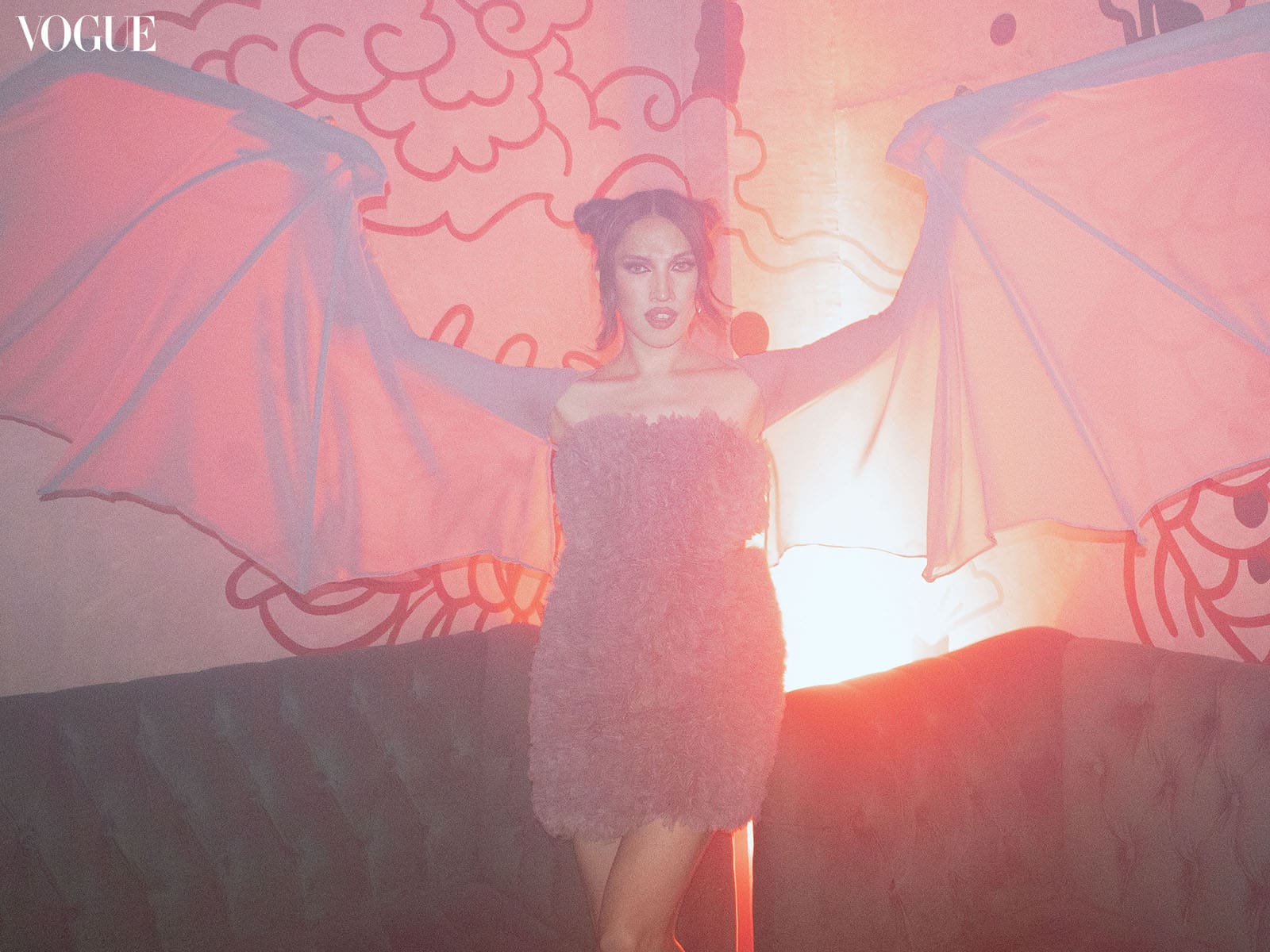
That dancefloor sits at the center of Apotheka’s LED-lit space, lined with pristine white arches and floor-to-ceiling pillars. It couldn’t be a better fit for the organizers’ vision, one that Xtina recalls was once difficult to see fully realized.
The party was originally planned for another nightclub, but its owner had unexpectedly canceled only a week before their launch. “It’s safe to say he didn’t believe in our vision,” Xtina says. “It became frustrating for Paulo and me at some point. [We] really wanted to make this party happen because we believed in it so much. The only problem was: where were we gonna home it?”
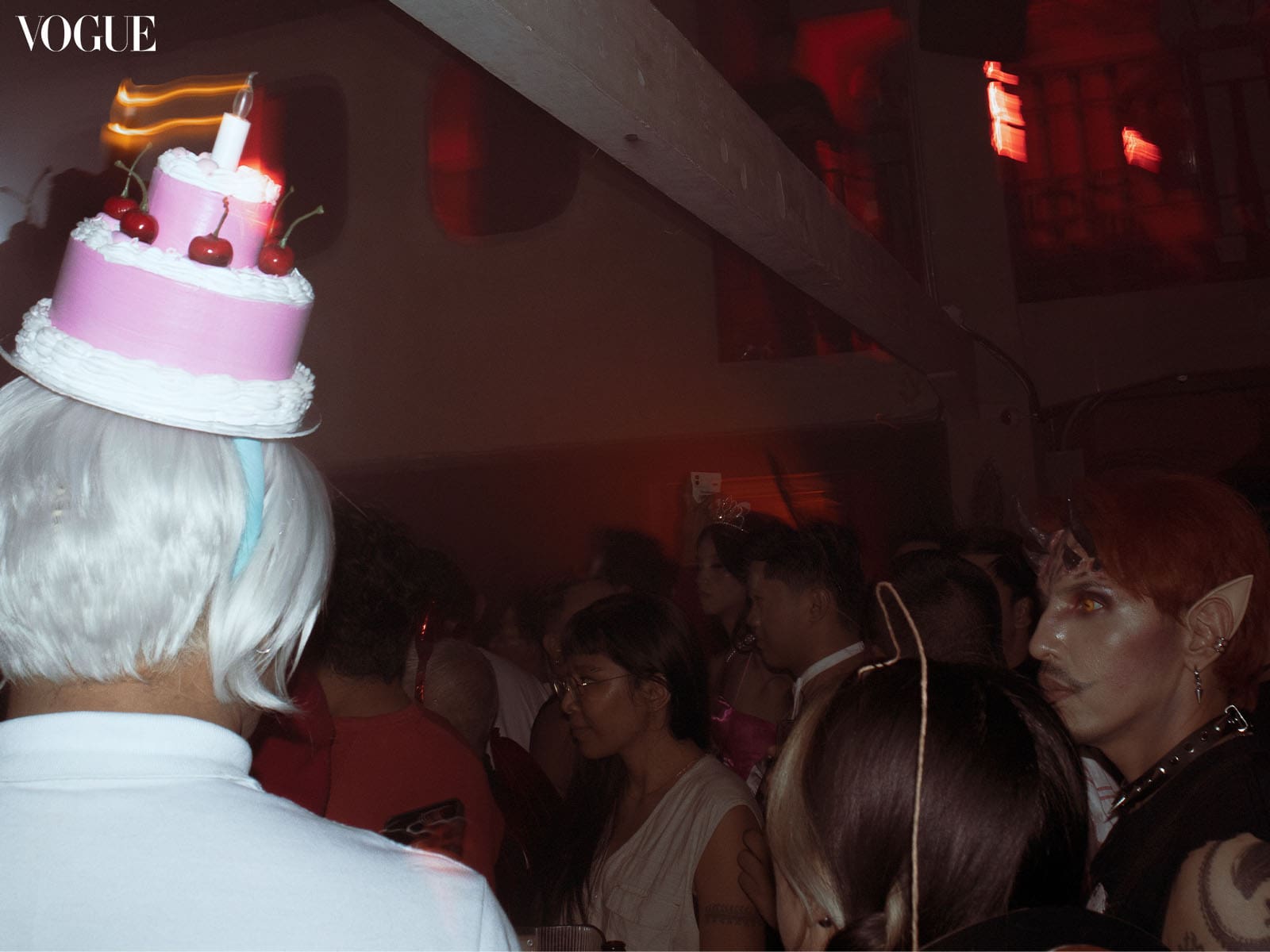
Serendipity was on their side when they searched a second time. Quay Concepts Poblacion Inc. live events director Marga Bermudez had then booked Xtina to perform at Ugly Duck, the nightclub on the top-most floor of the White Rabbit. Xtina would then explain her and Paulo’s concept for an all-inclusive queer party later that night, to which Marga responded that there was a space that was soon to open up in the basement below.
“She then showed me the unfinished space, and let’s just say that I gasped and automatically fell in love with it,” Xtina recounts that first ocular. Paulo adds, “We felt like we had stumbled upon a hidden treasure. It literally looked like a church! Right then and there, we claimed it as our venue. We weren’t taking ‘No’ for an answer!”
Since Apotheka opened its doors to the public, Church became an awaited happening every Sunday out of the month, promising a showcase of queer talent, pop anthems for audiences to belt at the top of their lungs, and creative expression on all fronts, and especially as far as fashion goes. “When it comes to looks, we have everything!” Paulo says. “The attendees have come in everything from bondage gear, gowns, drag, angel wings, [and] as priests, nuns, aliens, monsters—you name it, we have them!”
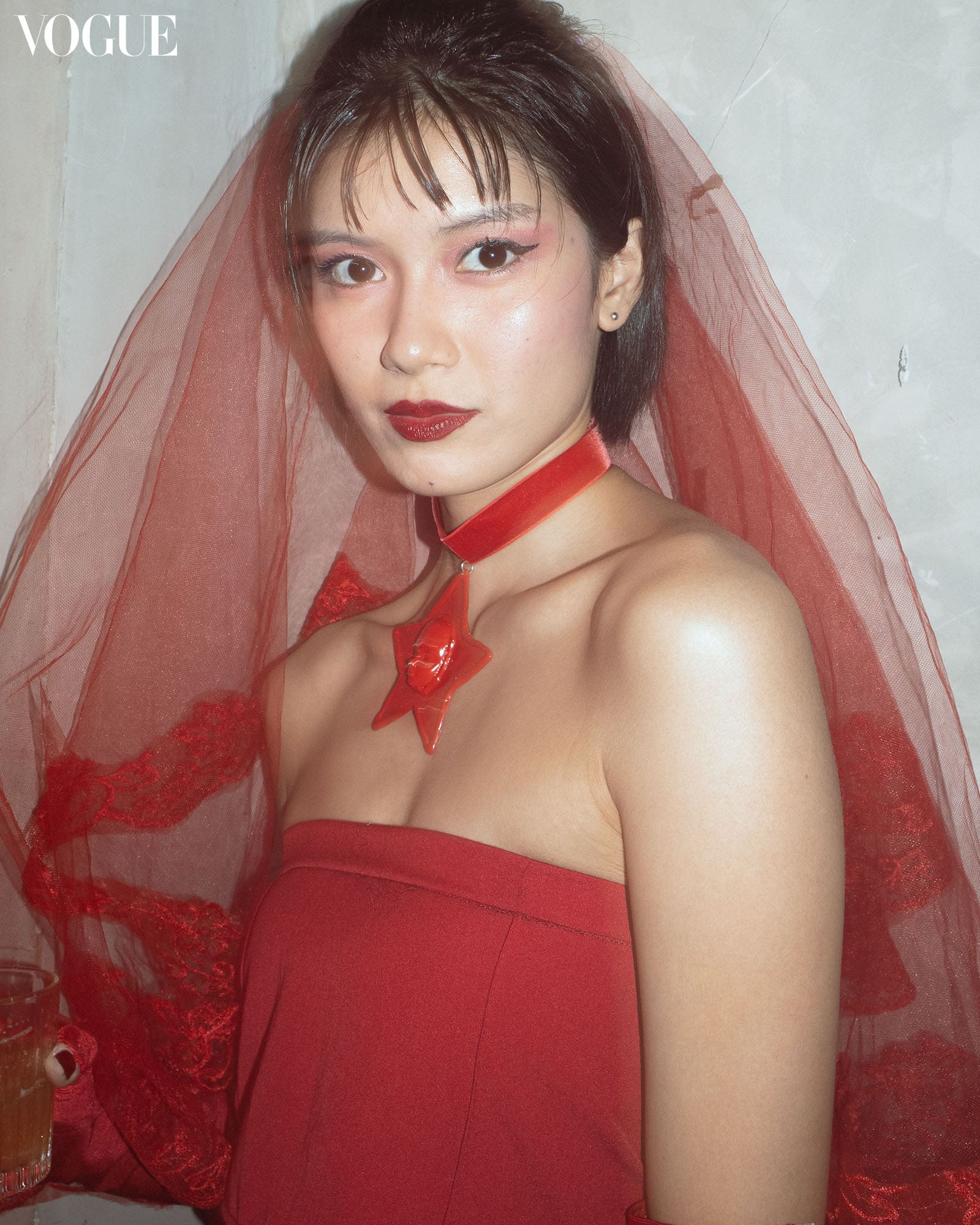
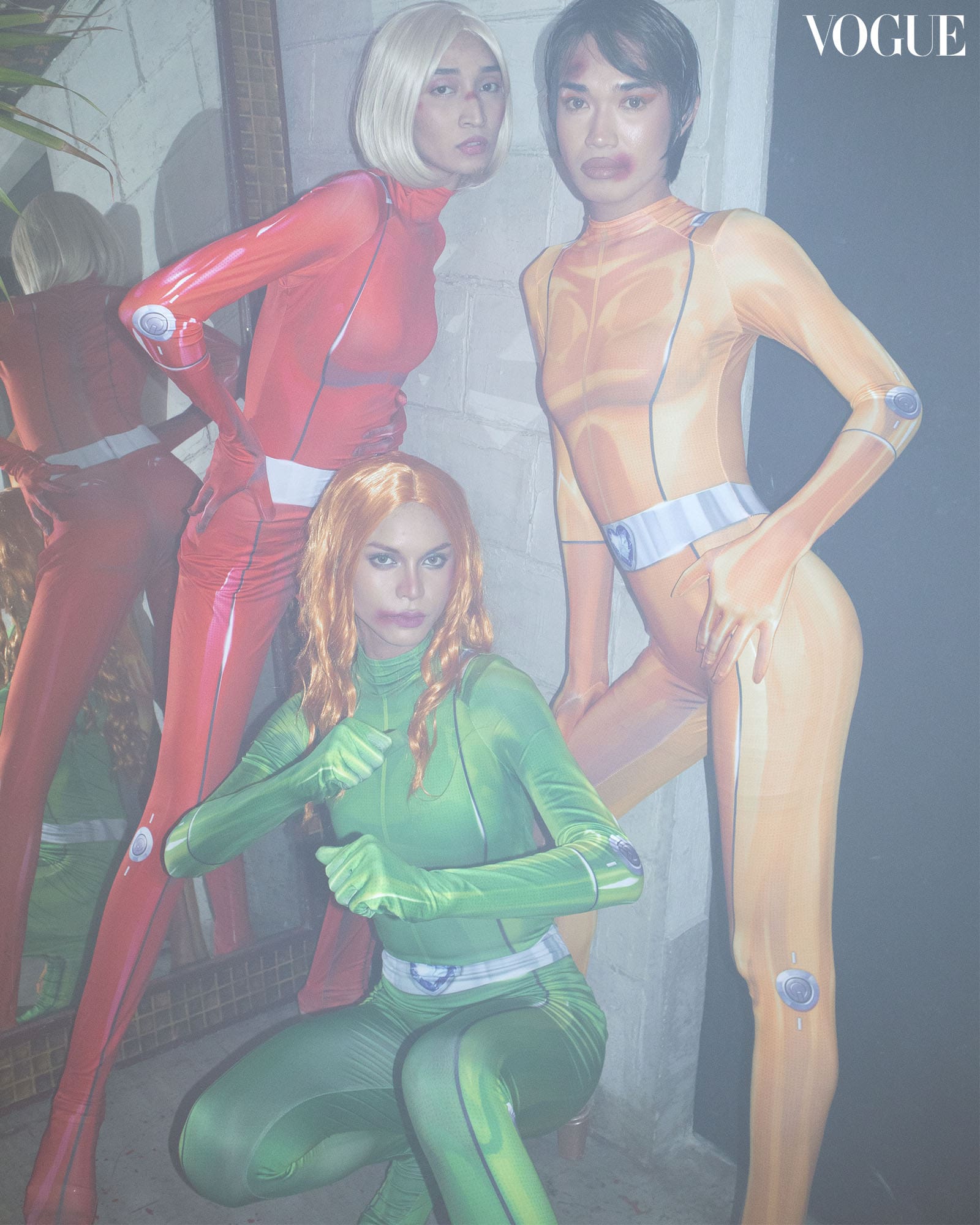
He uses Church as an arena for his own signature looks (“My trademark jockstrap and heels,” he laughs. “I don’t know exactly what I’m serving but there you have it”). He notes the same thing for his partner Jujiin Samonte, MEGA Drag editor-in-chief and, of course, a Church regular, who “has been gracing the nightlife scene as Manila’s fashion freak again!”
As for Xtina, Paulo says she’s the one out of their team who “represents their glam,” wearing local designers at every Church. Xtina explains, “It all started when [designer] Cheetah Rivera, who is a good friend of mine, wanted to dress me up for the launch. She had this idea for me to do two outfit changes for the night.” The resulting looks were an iridescent, electric pleated babydoll dress and a sparkling bedazzled mini, with the latter’s modish silhouette looking straight out of a Wong Kar-wai film, as Xtina noted herself at the time.
At the Church gatherings that followed, Xtina showcased custom looks from Randolf Clothing, Martin Bautista, and Vania Romoff, telling Vogue Philippines that audiences can only expect to see more Filipino designers showcased through her looks—for one, an upcoming custom look for her from Sassa Jimenez, and the piece by Randolf Clothing’s RJ Santos that she debuted Halloween night: a soft lavender haze of 3D florals made the bodice, sheer fabric transforming into a pair of elegant batwings as her arms outstretched behind her.
Making space
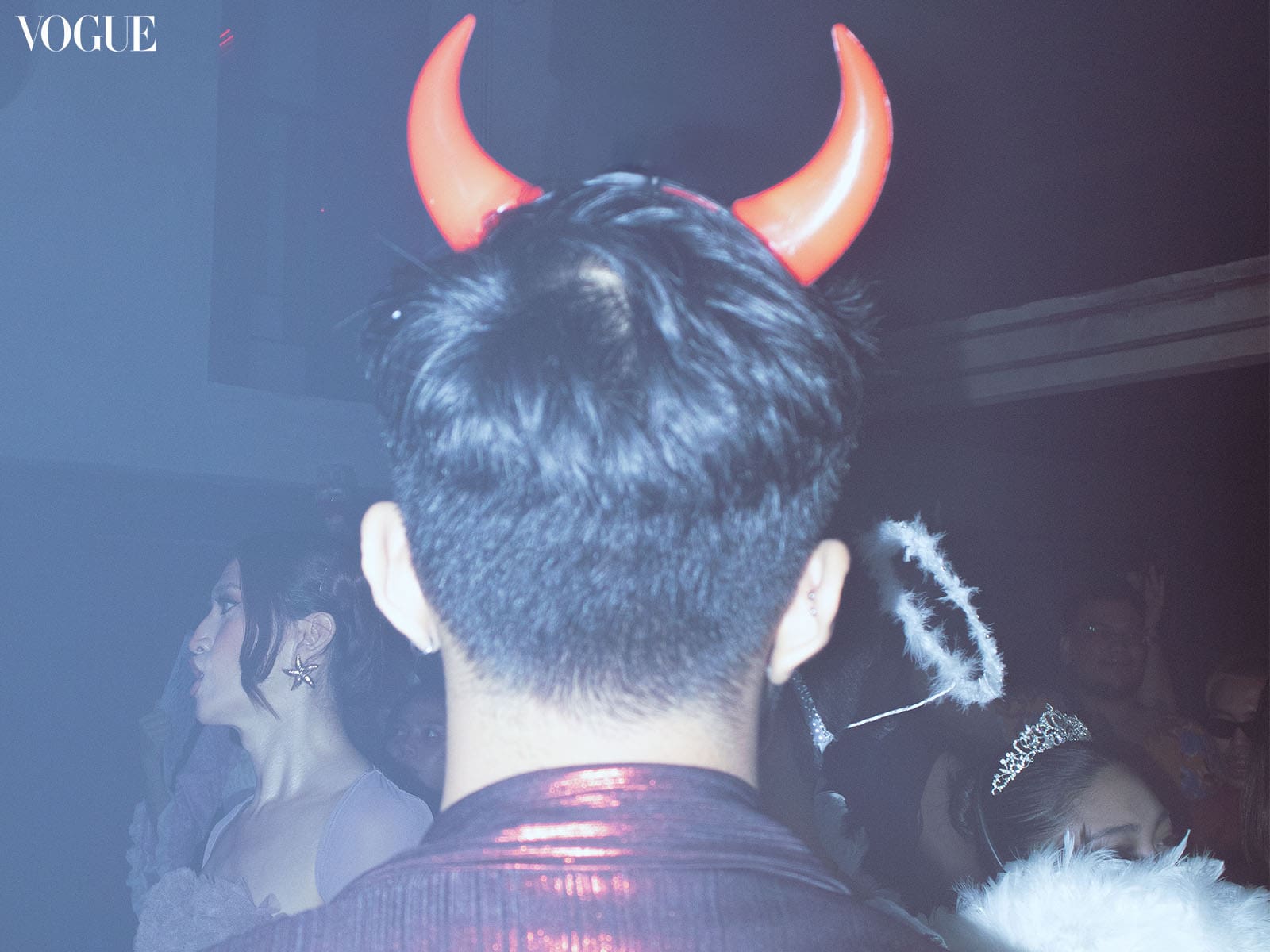
Another aspect of the creative expression that defines Church is the selection of its performances, which highlights creatives from Manila’s LGBTQIA+ community. Calling queer artists upon their altar has been the organizers’ goal even before the party’s inception. Paulo explains, “X, Jujiin, and I have been creating queer ganaps (parties) for over a decade now. The goal was always to highlight and prioritize queer people in our space.”
To both Paulo and Xtina, this alone marks a massive shift from where the nightlife scene was only a decade ago and even still in some areas in Manila today. “In reality, most nights and clubs cater to a straight crowd, and club owners and promoters usually book the same straight DJs. There is no trans or queer visibility in these spaces,” Xtina says. “Our party was created to give space to trans and queer talents—with the exception of allies, of course!” She adds with a laugh, “Special mention to [our DJs] Joey [Santos] and Badkiss.”
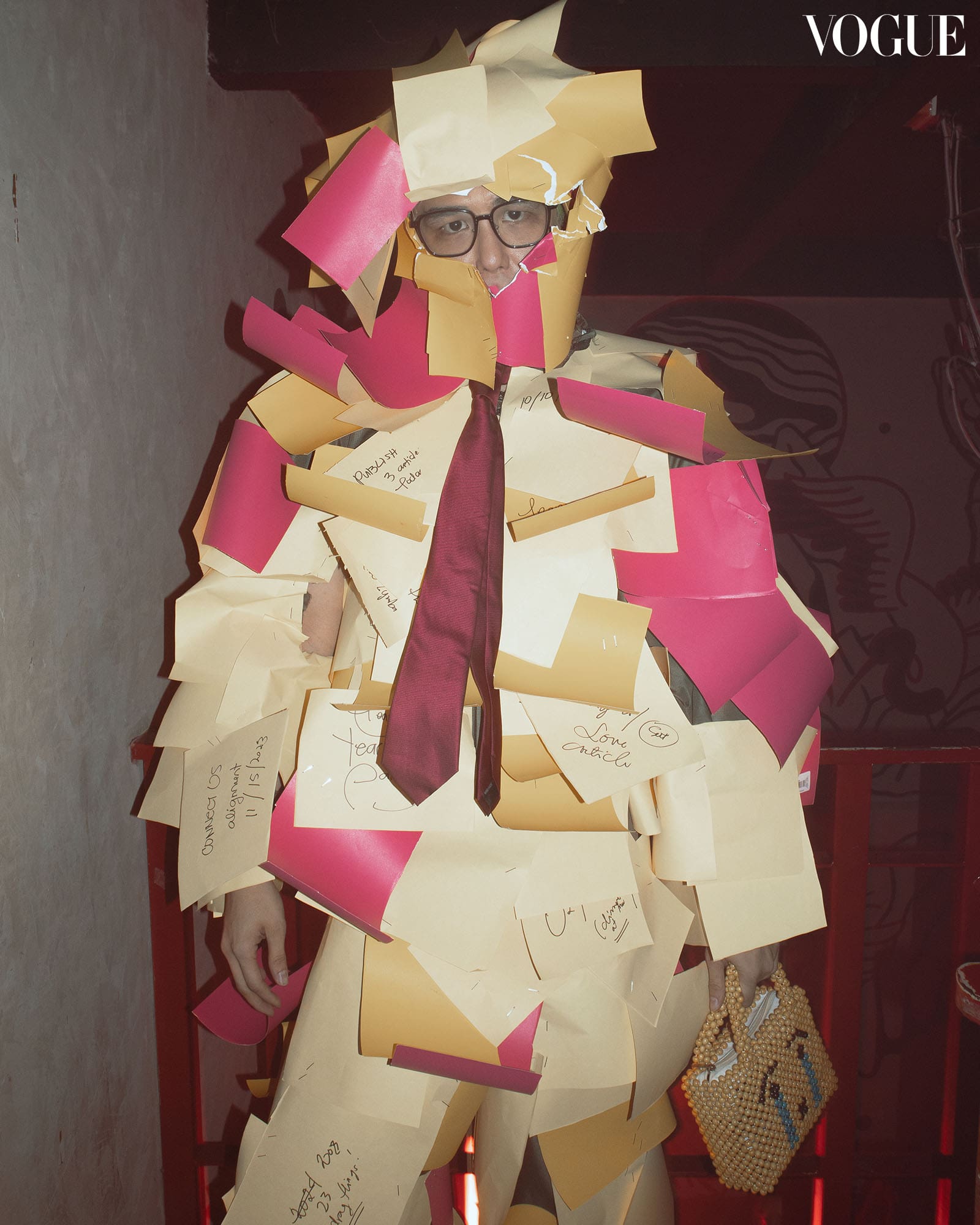
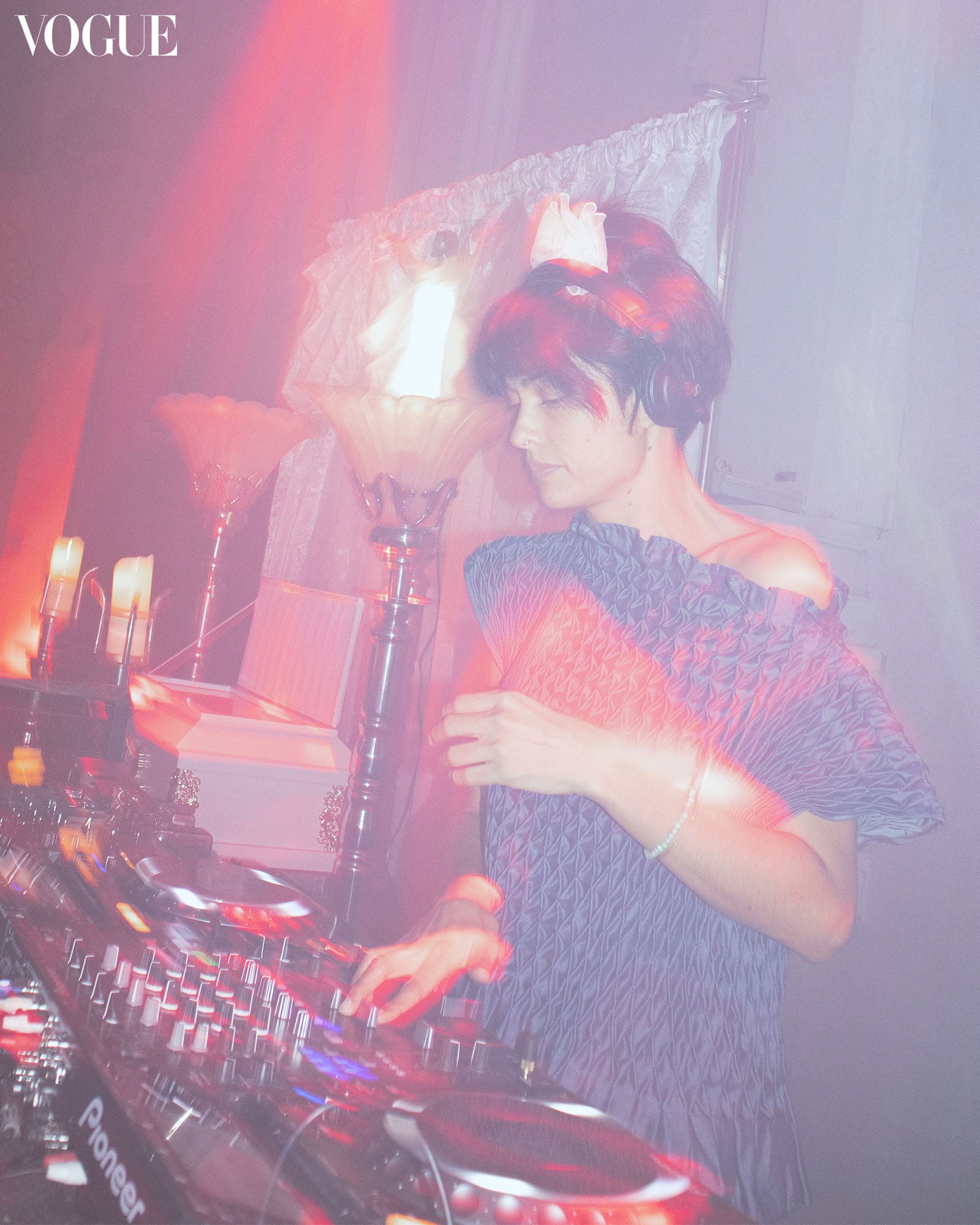
On the note of making space, Paulo says that they could still evolve to host more queer talent beyond drag. “While it is such a blessing to have so much support for local drag now, I feel that as a mother, we need to give opportunities to more queer artists who don’t always get booked,” he explains. “This includes alternative queens, political queens, singers, poets, etc. There is enough space for everybody, and those with something to say should be seen and heard!”
A vibrant haunting
On Halloween night, Church’s sixth iteration, CHURCH VI: BLOODBATH INFERNO, had Apotheka chock-full of ghoulish brides, uncanny creatures, and pop queens (homages to Britney, Ice Spice, Doja Cat, and Olivia Rodrigo all made an appearance, to name a few).
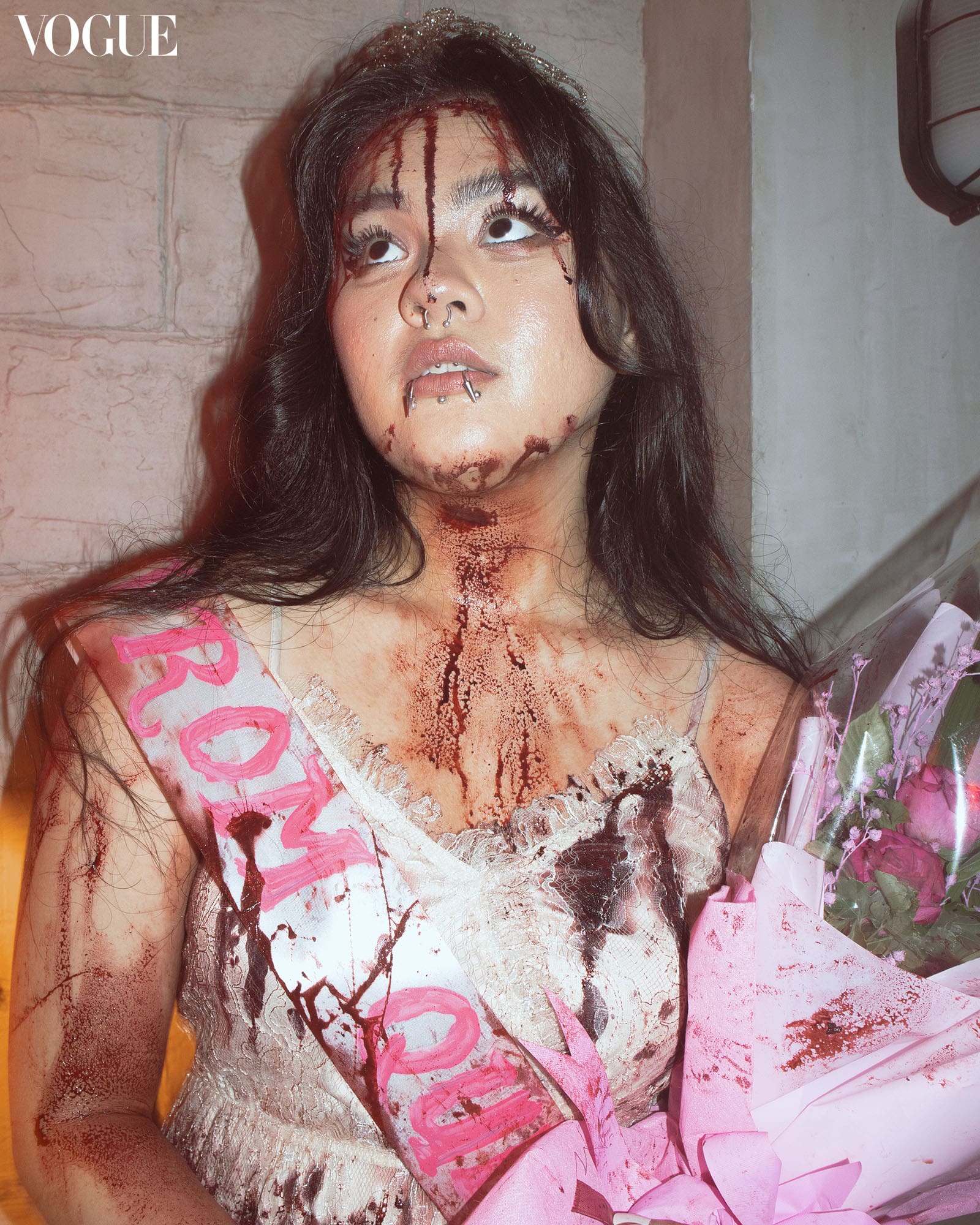
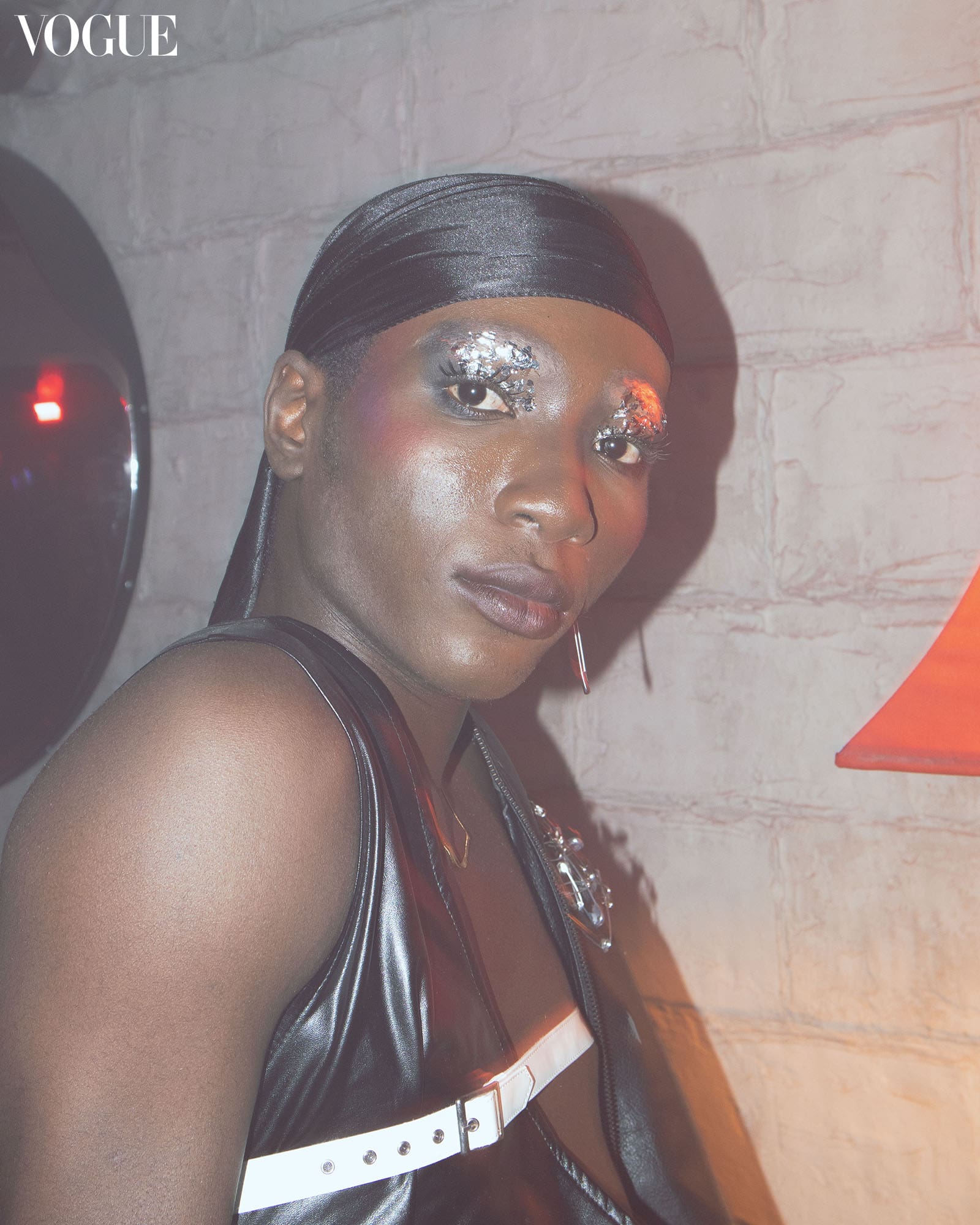
In a backroom, ShadowScientia held tarot readings, free upon purchasing a treat at the bar—what’s a spooky season fête if it doesn’t come with a mysterious foresight into the future? The festivities continued later in the evening, led by alternative queens Gersana Pilipina, Gem, and Mrs. Tan, who descended from Apotheka’s balcony to a waiting sea of people and then atop the altar for their theatrical, classic rock-inflected performances.
Between this and the undying dance floor, there was not one dull moment. From Badkiss’s house and disco set to Joey Santos and Xtina’s mix of comfort pop hits (from ITZY’s “Queencard” and NewJeans’ “OMG” to Mariah Carey’s “All I Want For Christmas Is You”), the crowd stayed on their feet, belting, laughing, mingling, and forming dance circles. The scene was a manifestation of how Paulo would like outsiders to view the party: “There are no ‘guilty pleasures’ here. We play the music we like. It’s you, your queer community, music, and the dance floor.”
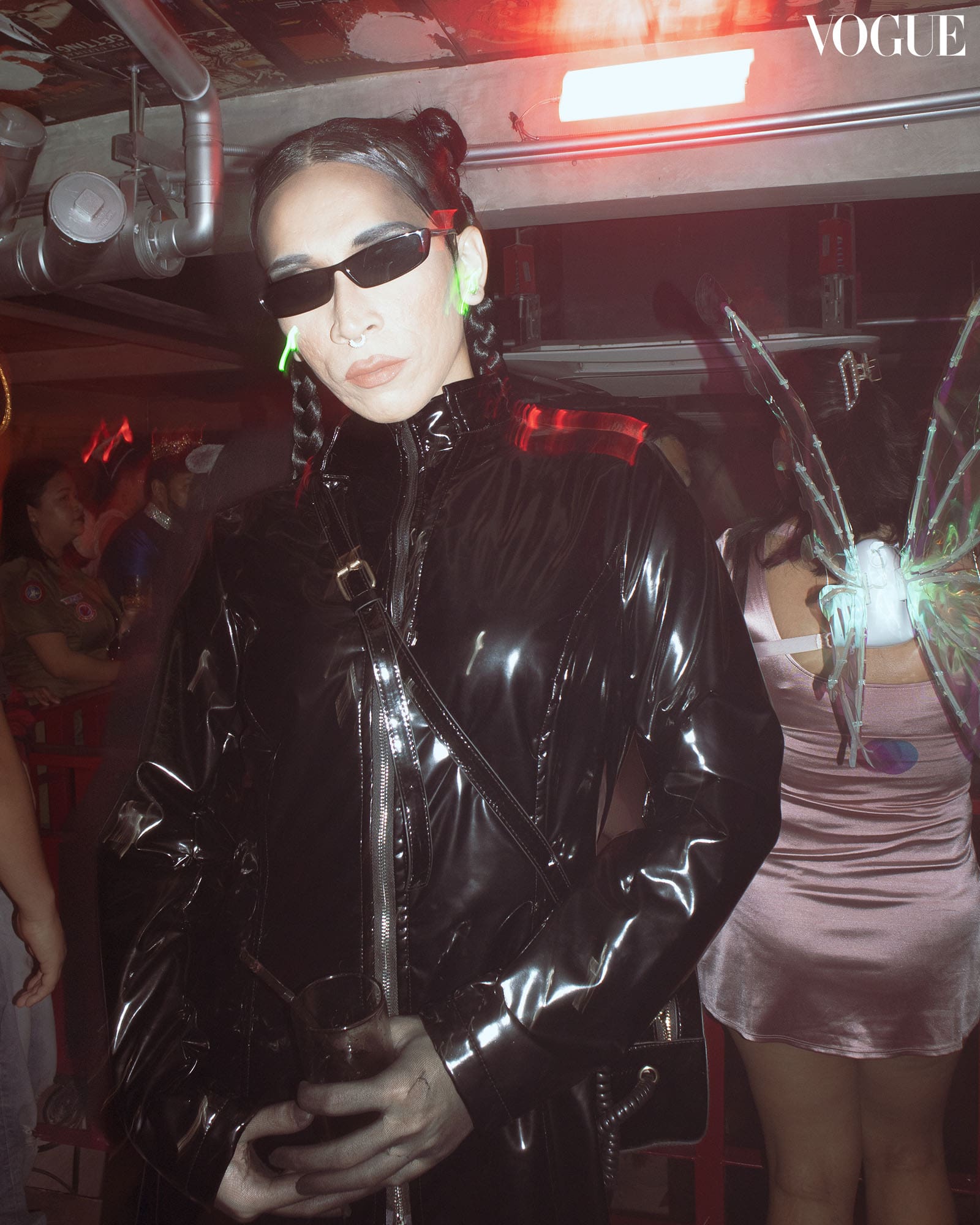
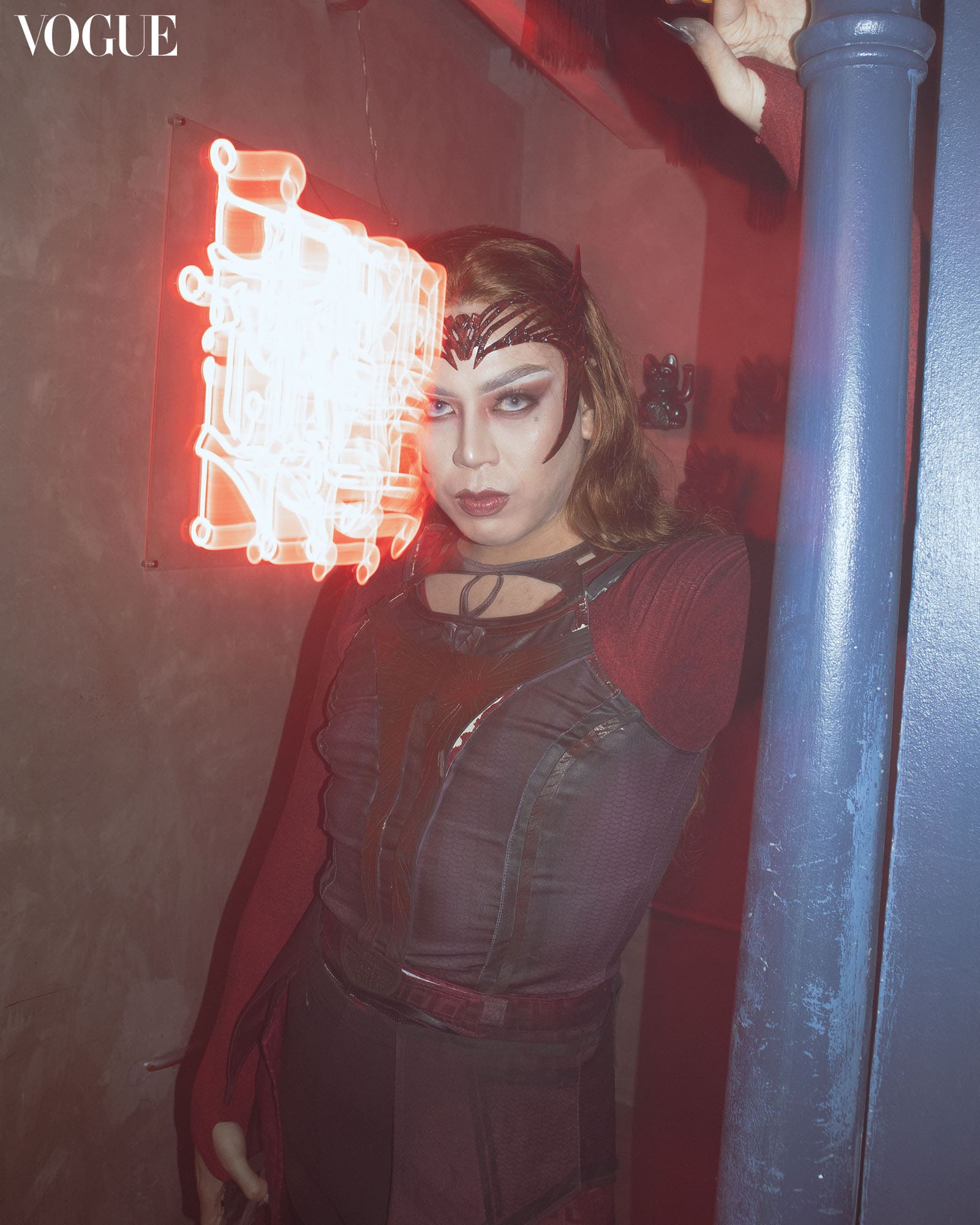
For both Xtina and Paulo, this was the type of experience once felt far removed from them, whose beginnings in Manila’s nightlife scene were marked by freedom of expression being turned away at the door. “The whole reason we even started doing our own party was a form of protest against establishments in the 2000s that would deny entry to queer people, particularly transwomen—basically, prejudice and hatred disguised as ‘dress codes,’” Paulo explains.
It’s why Xtina’s only hope is for partygoers to remember Church as a “fun party.” “It’s as simple as that. I don’t think I have to prove anything at this point. I’ve been in the nightlife industry for more than a decade now,” Xtina says. “From the moment I got barred from entering clubs before just because of my transness, I believe I have fought for the space that we are all enjoying now. I just want to create a fun party that celebrates and highlights queer talents. But, really, the keyword is fun.”
Church is where Manila’s queer community can come to heal, as Paulo does so himself. “I grew up in a religious family. We went to Church every Sunday. As a child, I could not reconcile how a community that gave my family so much comfort was also the first weapon used against my identity,” he says. “I thought of the name ‘Church’ for a Sunday party because it felt like reclaiming a day for my inner child.”
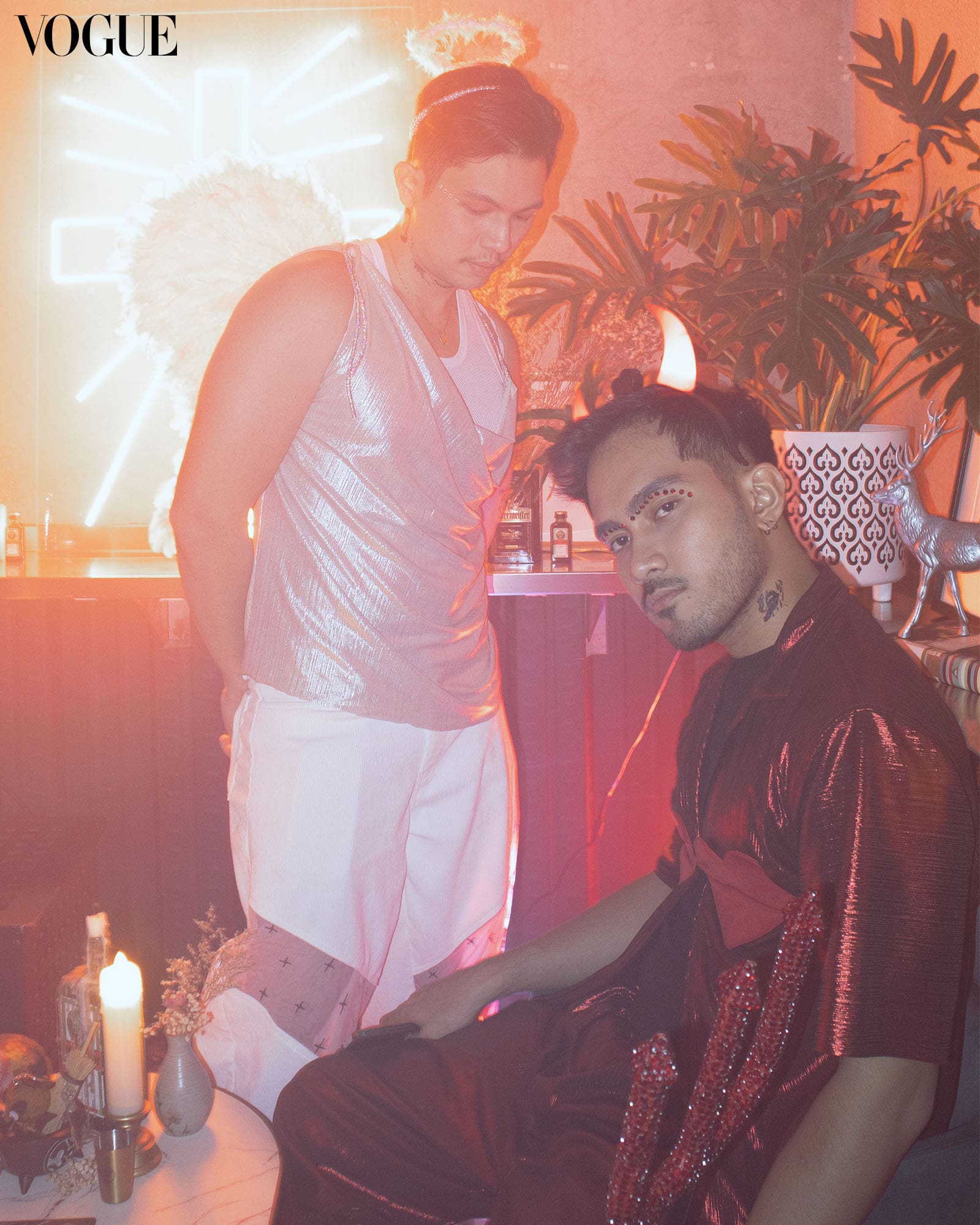
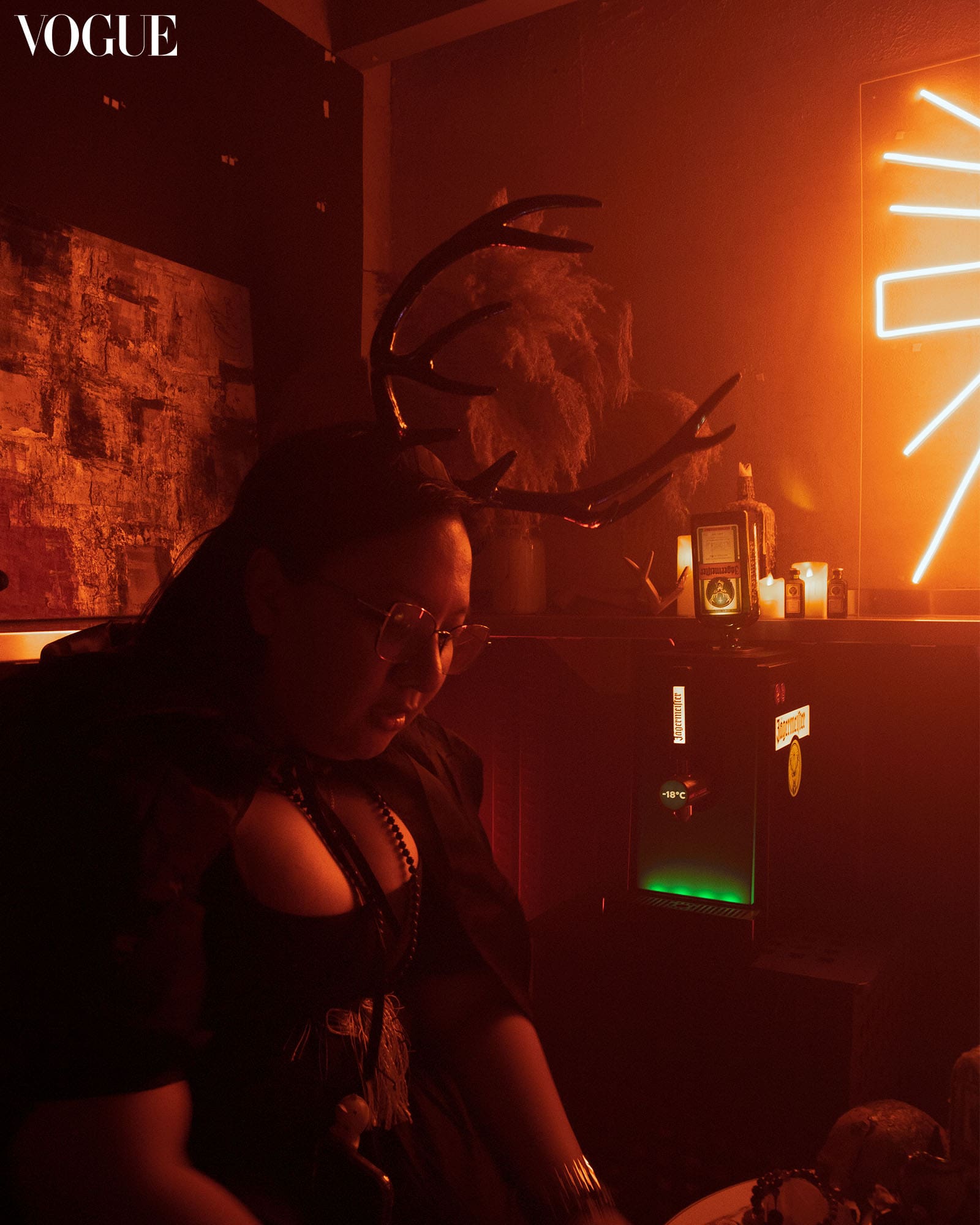
For both Paulo and Xtina, the concept that underlines all their efforts is simple: “In this Church, love and acceptance are our gospels. Queer anthems are our worship songs. Activism, current queer political issues, and lectures about safe sex, love, and Pride are our homilies. Powerful rainbow affirmations are our responsorial psalms,” Paulo narrates. “In this Church, rainbow children are accepted, celebrated, and loved.”
